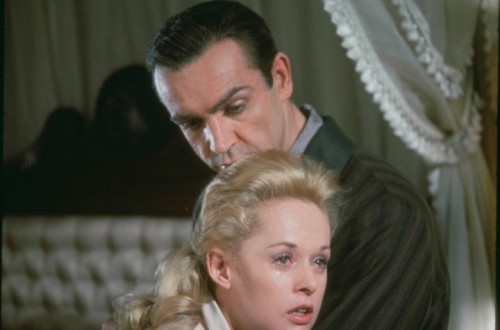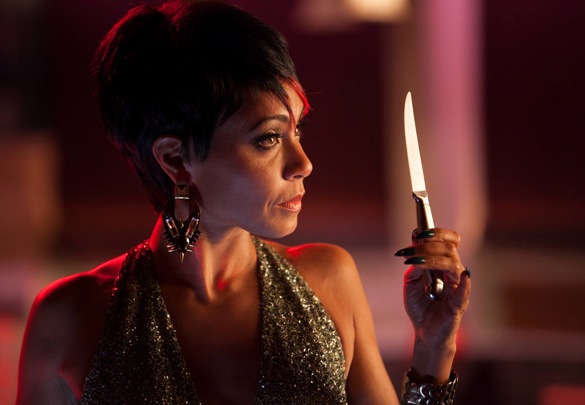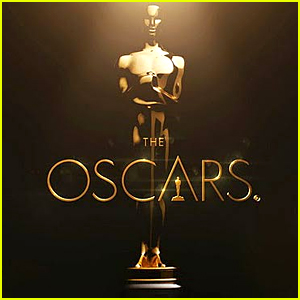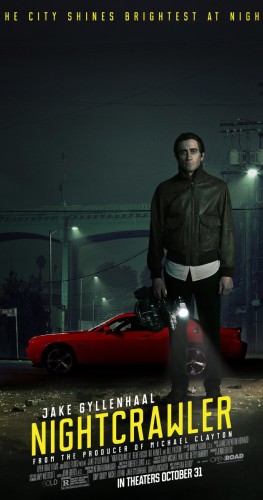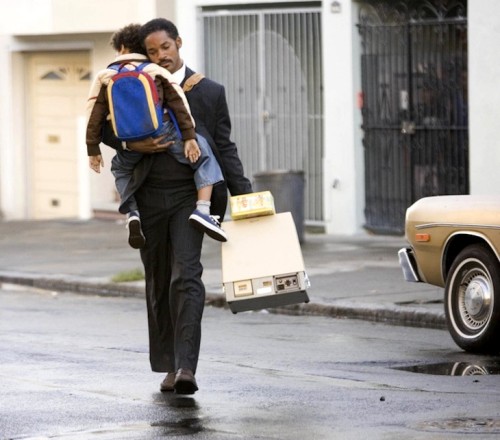‘Ouran High School Host Club’: Haruhi, Heteronormativity, and the Gender Binary
At its heart, ‘Ouran’ is about gender and, for better or worse, how it is perceived and performed. Though often praised and adored for its challenges to heteronormativity and gender roles through its range of characters, especially its protagonist, it ends up reinforcing heteronormativity and the gender binary to a large extent.


